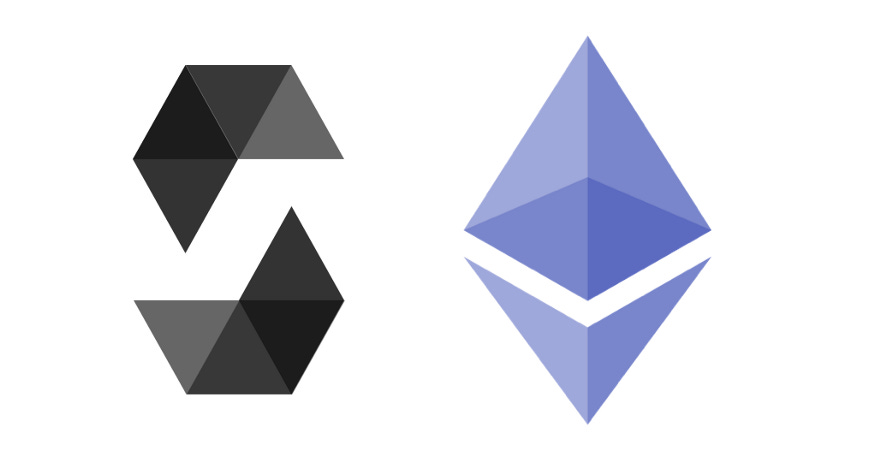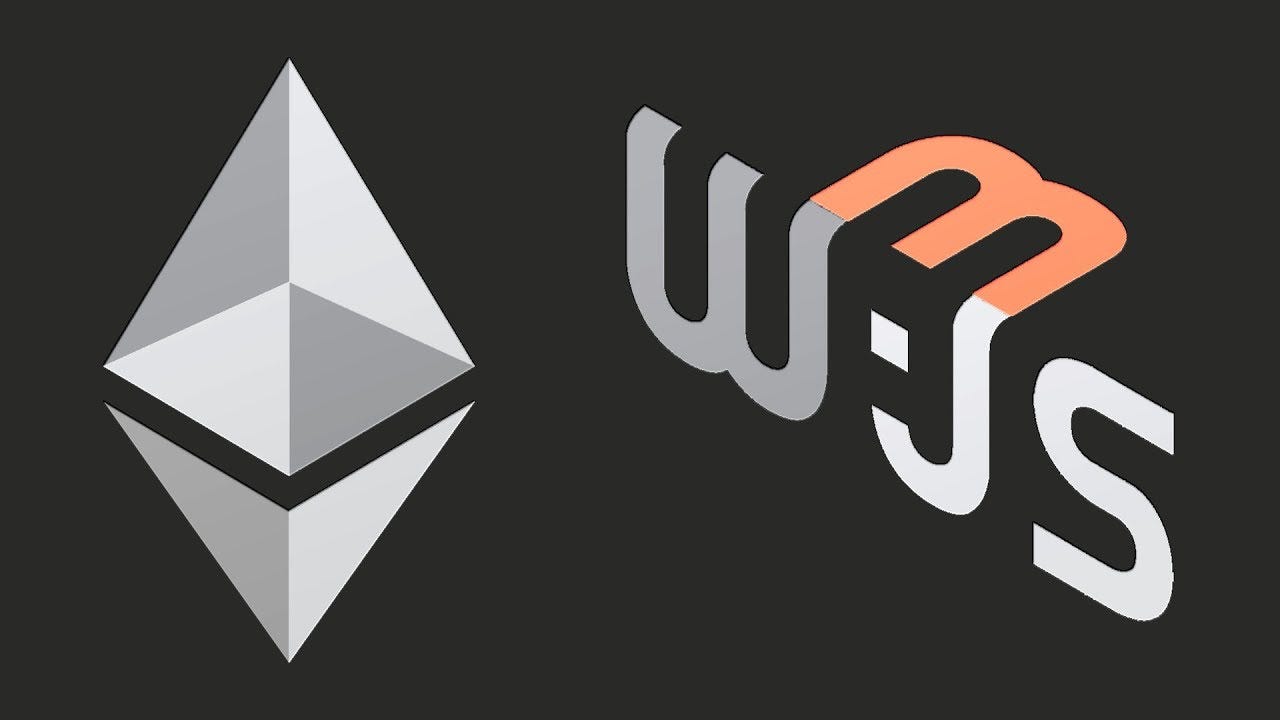11 Most Popular Blockchain Tools In 2022
Moving to the Blockchain profession sounds lucrative and exciting. However, getting a job in this space ain’t as easy as it sounds. One should possess the required skill set to become a part of the blockchain industry. Here, you’ll know the top most used and popular blockchain development tools.
Let’s Begin!
1. Solidity
Solidity is an open-source high-level object-oriented programming language popularly used for creating smart contracts and decentralized applications (dApps). It got highly inspired by Javascript, C++, and Python, making it easy and relatable for developers to understand.
The language targets Ethereum Virtual Machine (EVM), which executes the code written. Using Solidity, developers write self-executing smart contract code, which executes when the coded conditions are met. Solidity supports several complex user-defined data types, contract inheritance, and various libraries. These features make Solidity easy, robust, and reliable for developers. It is also known as the language of web3 for the future.
2. Solc
Solidity Compiler, aka Solc, is a command-line compiler for solidity programs. It aims to convert the solidity code to bytecode for Ethereum Virtual Machine (EVM) to interpret it.
There are 2 types of Solidity compiler (Solc):
Solc (Written in C++) – It’s a command-line compiler that first converts the Solidity code to javascript using emscripten. Then compiles the javascript code to bytecode for EVM.
Solcjs (Nodejs Library) – It’s a command-line interpreter which directly compiles solidity code into bytecode for EVM. This JavaScript-based compiler can run in both browser and Node.js environments. The popular Ethereum IDE, Remix also uses Solcjs as a compiler.
3. Truffle
Truffle is a complete blockchain development environment used for compiling, testing, and deploying smart contracts and creating decentralized applications. It enables automated contract testing using Chai and Mocha. Truffle is well-equipped with required libraries and built-in procedures to ease the process of developing and deploying smart contracts.
4. Ganache
Ganache is a Blockchain simulator that can deploy on your local system. It enables a GUI to simulate Blockchain networks without setting up real test networks or an actual remote network. It provides vacant Ethereum addresses with fake 100 ETH in each account, use to test and deploy your smart contracts and decentralized applications.
5. Metamask
Metamask is a software wallet to store, send and receive ETH cryptocurrency and other Ethereum Tokens. It gets added as a web browser (chrome, firefox, brave, etc.) extension and works as an intermediate between the Blockchain and the decentralized applications. In addition, Metamask can connect with Shapeshift and Coinbase to sell and buy ETH cryptocurrency and ERC20 tokens.
6. Remix
One of the most popular and easy-to-use Ethereum IDE is Remix for executing and deploying a Solidity smart contract. It has the compilers compatible with almost all the versions of Solidity. Moreover, it has a simulated Blockchain environment with vacant addresses to test, run and deploy your contract.
In addition, Remix can also connect to the Ethereum blockchain using the Metamask wallet.
7. Geth
Geth is an Ethereum node implementation developed using the Go programming language. It’s available in three interfaces: the interactive console, JSON-RPC server, and command line. It supports blockchain development on Linux, Windows, and Mac operating systems.
Geth is an ideal and preferred tool for several Ethereum Blockchain tasks that include creating smart contracts, token transfer, checking block history, and mining ether tokens. Here, users can also connect to the existing Blockchain or develop their own blockchain network.
8. Web3.js
Web3.js is a collection of libraries that allow users to interact with an Ethereum node remotely or locally. It provides an API to interact with Blockchain easily. Web3.js is a kind of wrapper for JSON RPC to create a connection to a remote or local Ethereum node with either an HTTP or IPC connection.
It usually comes handly while using Nodejs to create decentralized applications.
9. Embark
Embark is a blockchain development and management tool that assists developers while creating decentralized applications. It also provides an environment to develop and deploy a serverless html5 application. Embark follows the contract code directly. So if any changes occur to the contract, it modifies the related dApps.
10. Mist
Mist is another Ethereum full-node wallet exclusively created by the team of Ethereum. Here, the user must have a designated place to store their Ether tokens and execute their smart contracts. It is available for Windows (32- and 64-bit), Mac, and Linux (32- and 64-bit).
As the mist is a full-node wallet, the user node has to download the entire Ethereum blockchain on the local system, which is generally larger than 1TB.
11. Parity
Parity is a management tool that supports critical mission usage. It provides an infrastructure that facilitates speedy and reliable service. Parity offers an increased transaction rate. It takes less memory and synchronizes faster.













